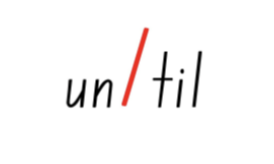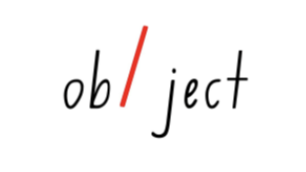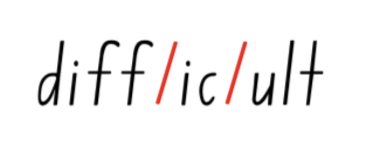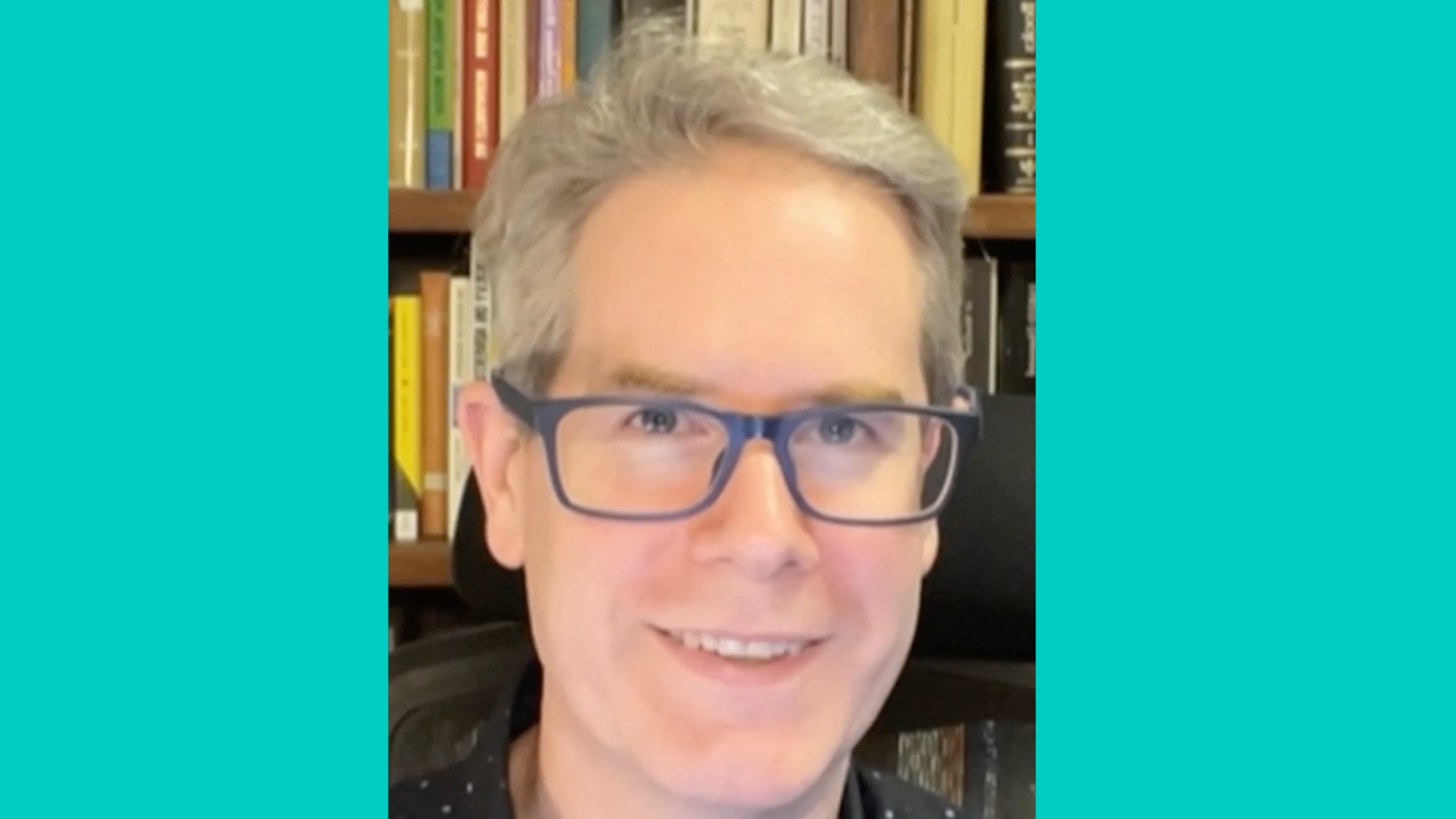Most words in English have more than one syllable, and I see lots of teachers and others talking about syllable types.
Have you ever wondered what a syllable is?
It’s a unit of speech with one vowel sound, with or without surrounding consonants.
This is something I point out to beginners when we work on VC, CVC, CCVC and CVCC word blending.
Conventionally, we include at least one vowel grapheme per syllable when spelling longer words (that’s why we have words like “little”).
Now, I’m not a fan of teaching beginners syllable ‘types’ like open and closed syllables (e.g. ho/ping, hop/ping). There are too many exceptions to make it worth the teaching time (e.g. habit vs. rabbit, etc.).
But we can help beginners learn to read long words by teaching them to spot the vowels.
One thing that’s helped my students is the vowel-consonant-break strategy that I learned from Toe by Toe.
Look for the first vowel and then break after the next consonant (double letters count as one consonant for this purpose), and then repeat the process all the way to the end of the word.




I introduce this practice by deliberately stacking the deck with high frequency words that can be decoded this way with knowledge of just the basic code and a few inflectional morphemes.
Of course, vowel-spotting is not the only strategy to read long words – I’m going to talk about using morphology in a later video.
But, even before I teach the extended code, I want beginners to have a simple strategy to decode long words. We don’t want them to guess from the first letter, syllable or vague word shape.
Related resources:
- Word Decoding Exercises: High Frequency Polysyllabic Word Decoding – 2-syllable words
- Word Decoding Exercises: High Frequency Polysyllabic Word Decoding – 3-syllable words

Hi there, I’m David Kinnane.
Principal Speech Pathologist, Banter Speech & Language
Our talented team of certified practising speech pathologists provide unhurried, personalised and evidence-based speech pathology care to children and adults in the Inner West of Sydney and beyond, both in our clinic and via telehealth.



Leave a Reply